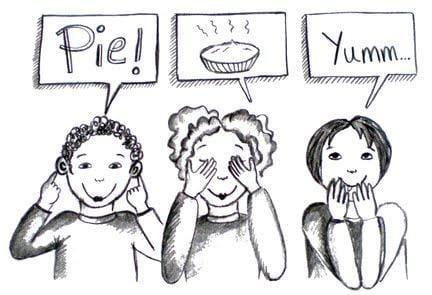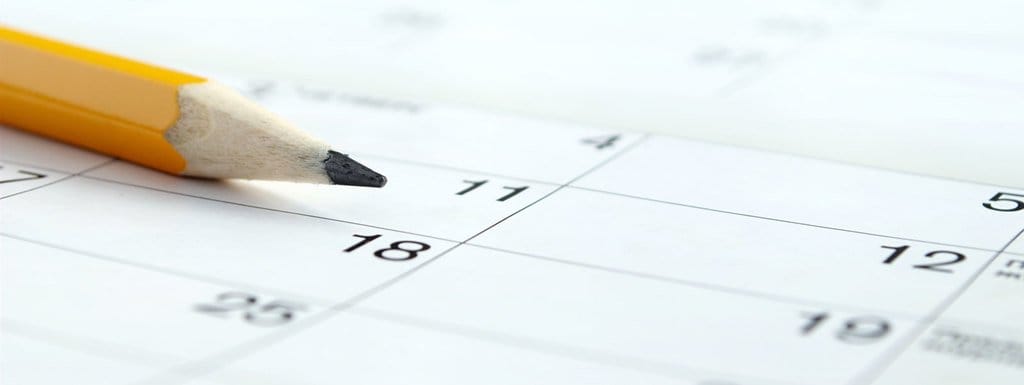
The Doctor Is In: Learning Styles
The Doctor Is In: Learning Styles
We recently spoke to Dr. Sara Fraser, Director of Student Support Services and School Psychologist at Curtis School, who offered her perspective on how to view and support the different learning styles of individuals.
Do kids who have learning differences develop coping mechanisms that make them stronger in other places? Do other strengths develop to compensate for weaknesses?
There seems to be a fine line between the development of compensatory strengths, and the reliance on these skills. From a neurological perspective, if a child is facing language issues early in development, he/she may form a compensatory strength in the visual domain, for example. These weaknesses and strengths are not only complementary to one another, but are also catalyzed on reliance on the domain that they are more easily and naturally accessed. The skills that come easier are often practiced and utilized more, and thus, become stronger. When this occurs, the child often times develops reliance on these strengths, and as a result, they become a conduit on which a child is navigating a certain situation.
When it comes to intervention and trying to overcome those weaknesses, it is imperative not to highlight the strengths that come as a natural reliance or default. Rather, emphasis should be placed on the weaknesses so that they can become more fluid instead of causing a temporary imbalance. Weaknesses must be accurately identified and concretely spelled out. Children do not have the metacognitive skills to think about thinking until they are in 1st or 2nd grade, so one of the scaffolds educators can provide is by helping them think about thinking, and thinking about themselves in a more objective way; then helping them set goals in order to strengthen these weaknesses instead of developing a reliance solely on their strengths.
Does the way that their learning differences are addressed affect the way they perceive themselves and cope with having some kind of difference in learning?
That is absolutely pivotal. If people around an individual with special needs can be matter of fact, honest, and reguulated about it, it will be far healthier than not wanting to talk about it, not wanting to address the issue, and not engaging collaboratively with the school. Parents, in this case, must be open and collaborative with the people whose responsibility it is to help them. A pertinent action plan would be one that involves figuring out a way to help children develop resilience to their learning difference(s). That can be more critical than the actual intervention they might receive. “Even the most well-regulated, resilient student is going to be frustrated that they have to work much harder than the ‘average’ kid in their class. You can’t insulate them from the emotional implications of it because they’re already living with the emotional implications.” These children have to effectively understand what this learning disability means and what toolset they have to develop in order to compensate for this difference. If they are more familiar with their own learning process and learning style, they will have a much better chance of succeeding once they are out of the educational environment.
Learning differences don’t imply that someone can’t learn; it just means that they have to work harder and in slightly different ways. And a successful person is someone who takes control over the variables they have control of. Children should raise expectations of themselves to overcome challenges. “The true learning process should be riddled with trial and error.”

